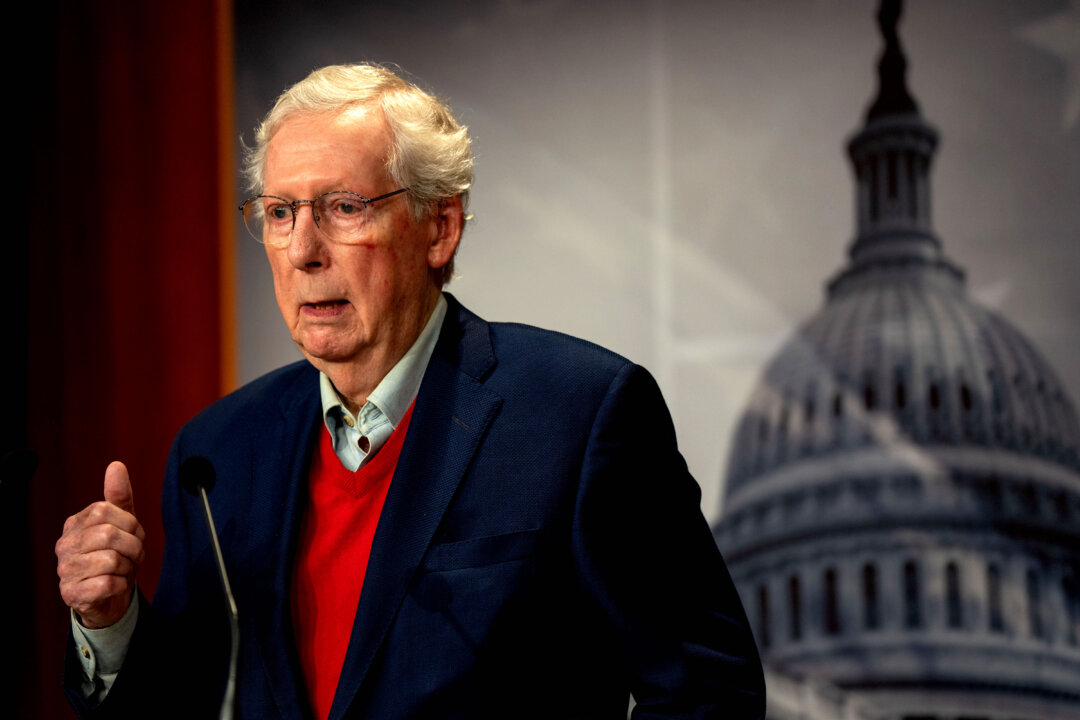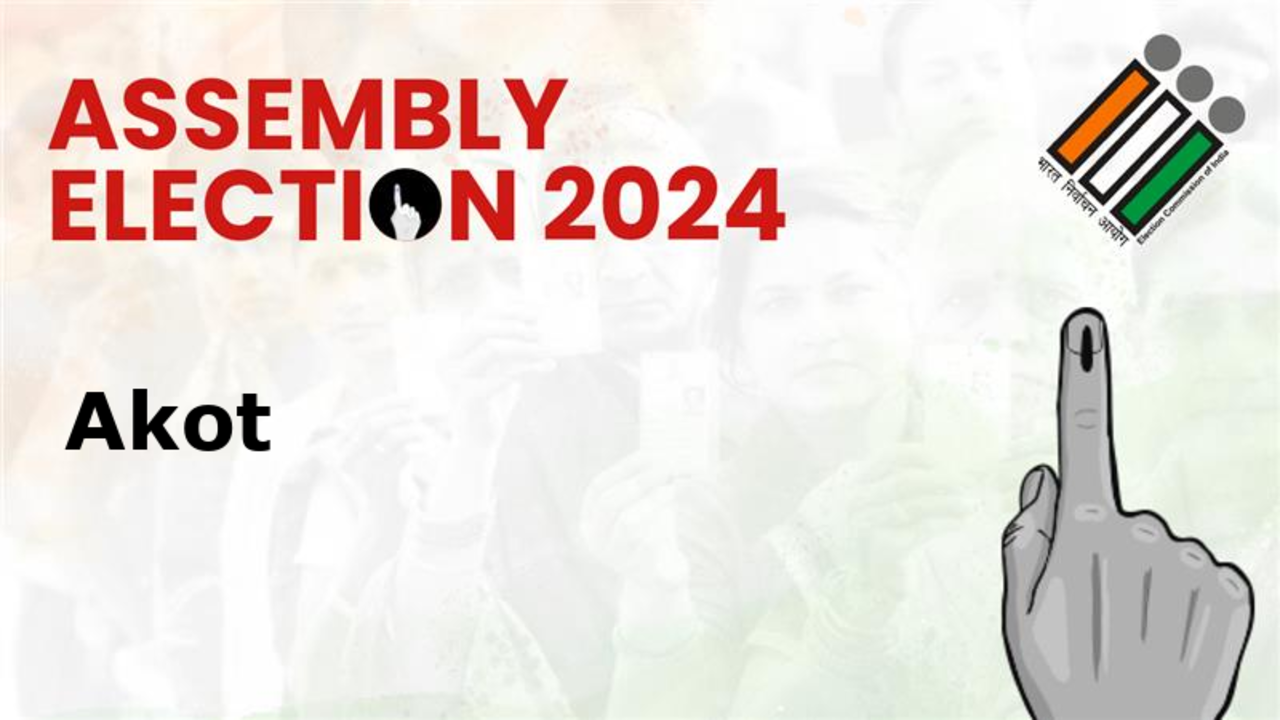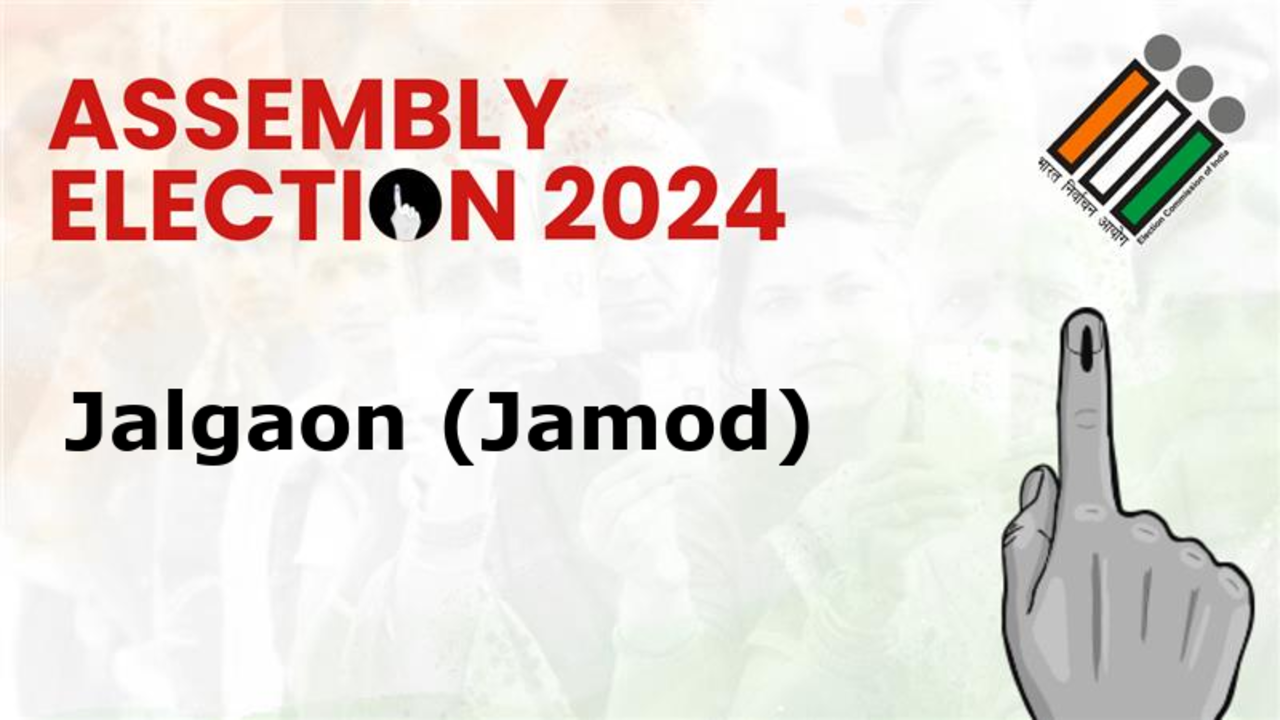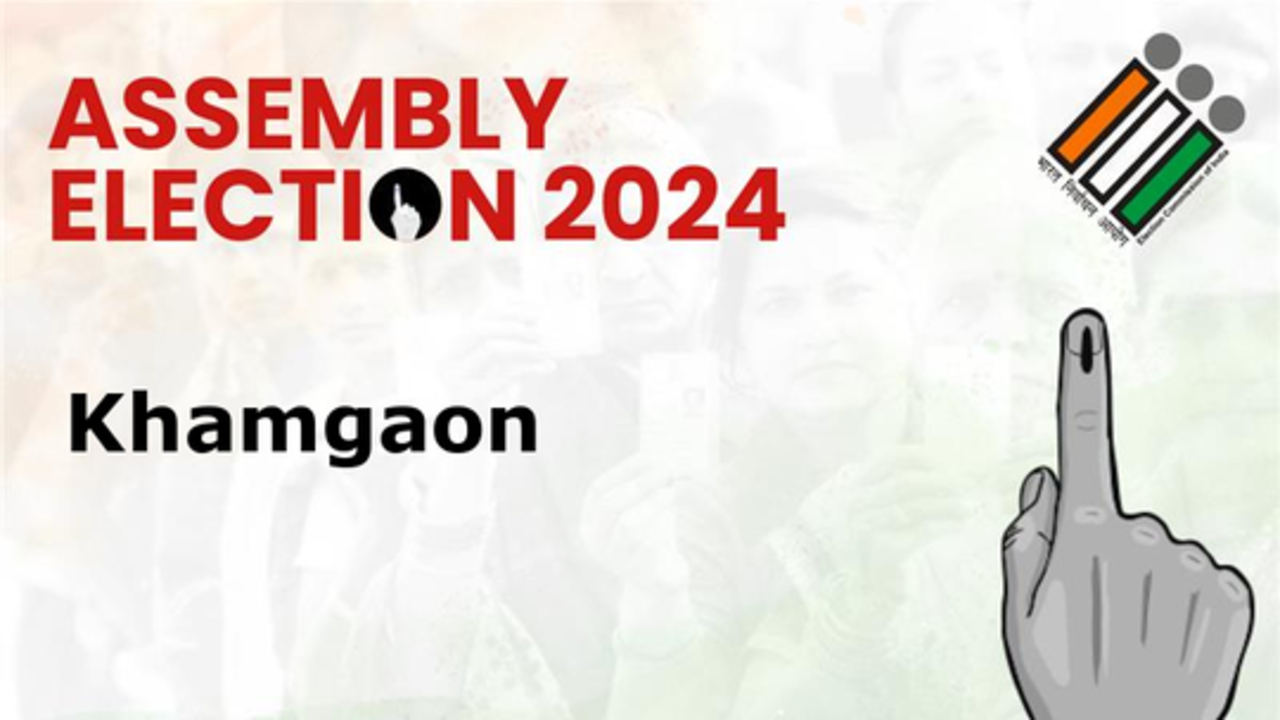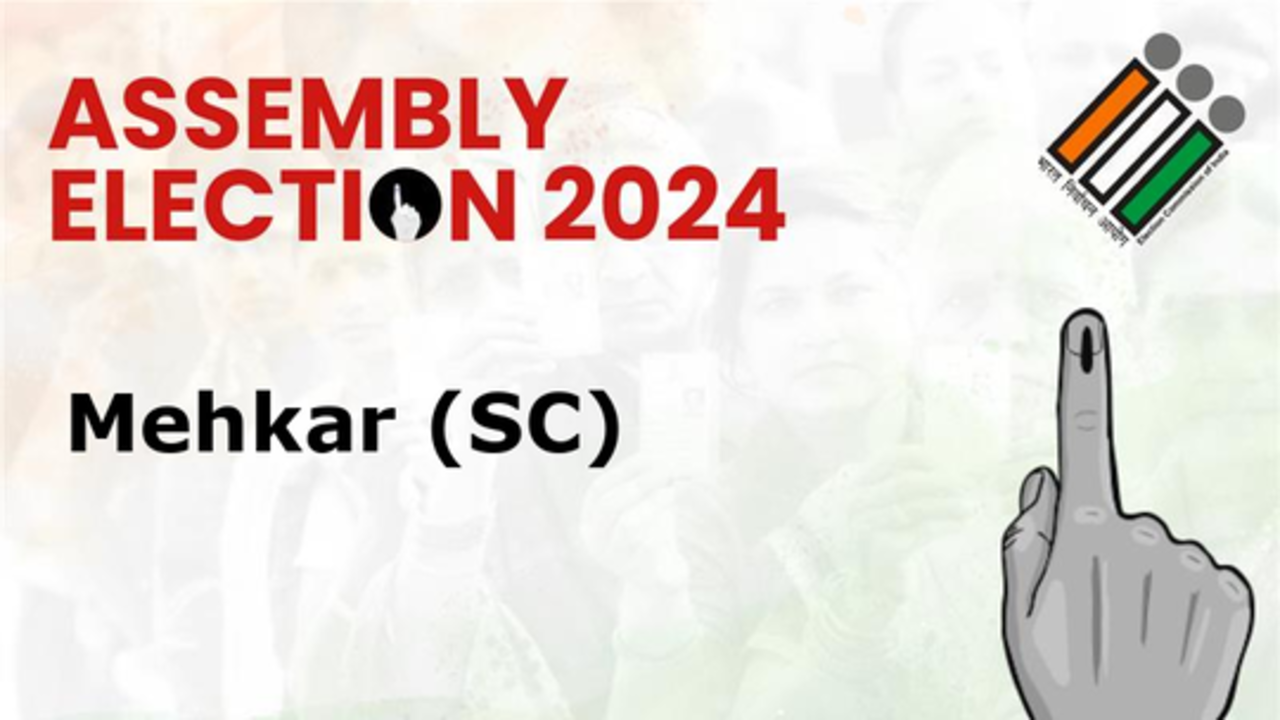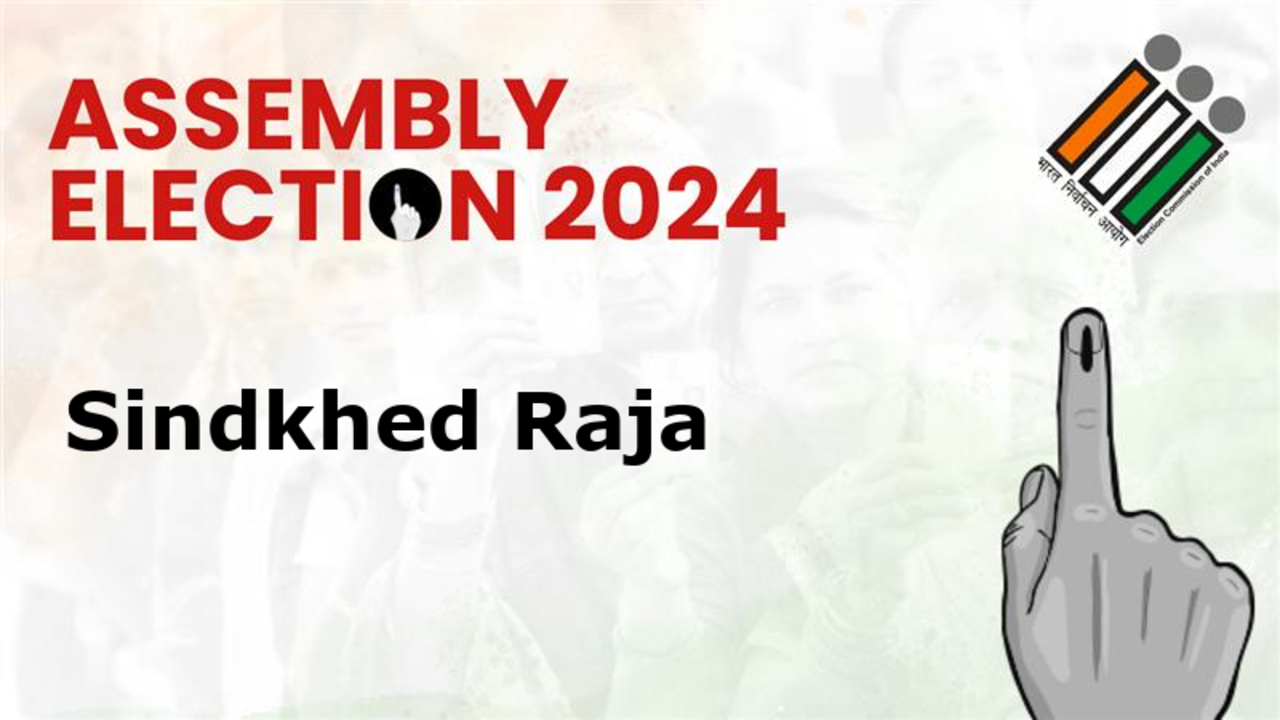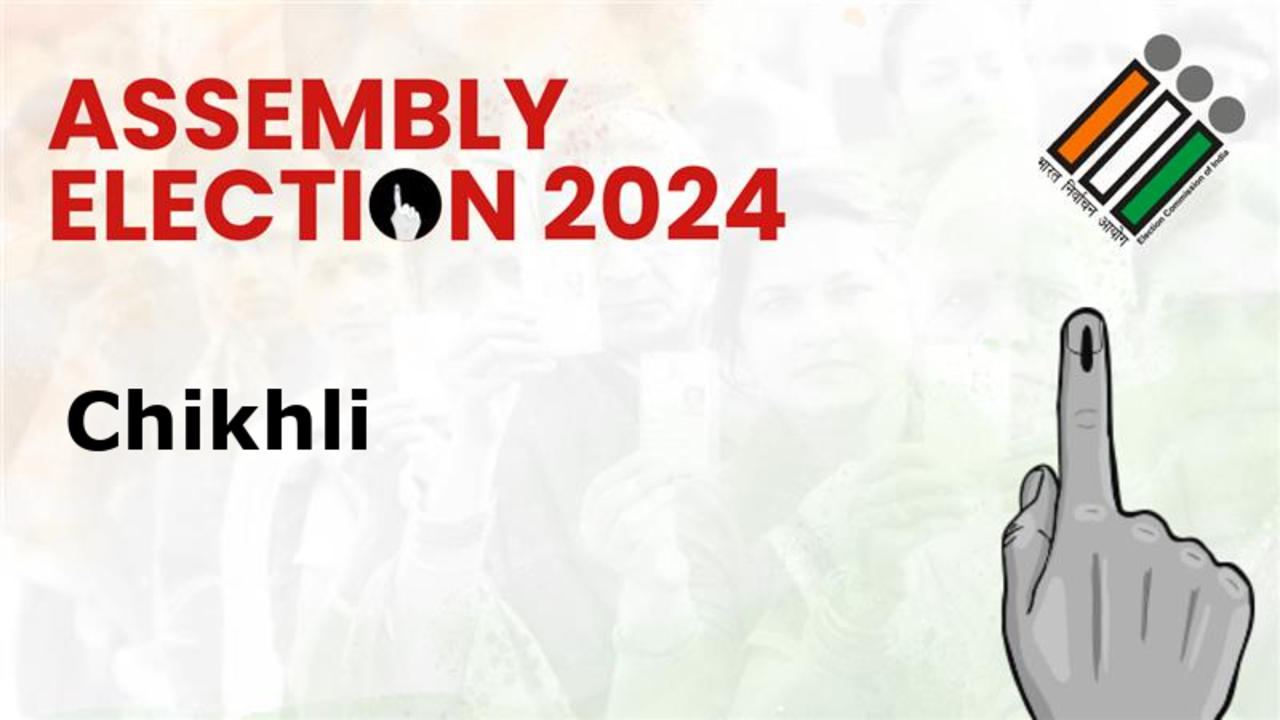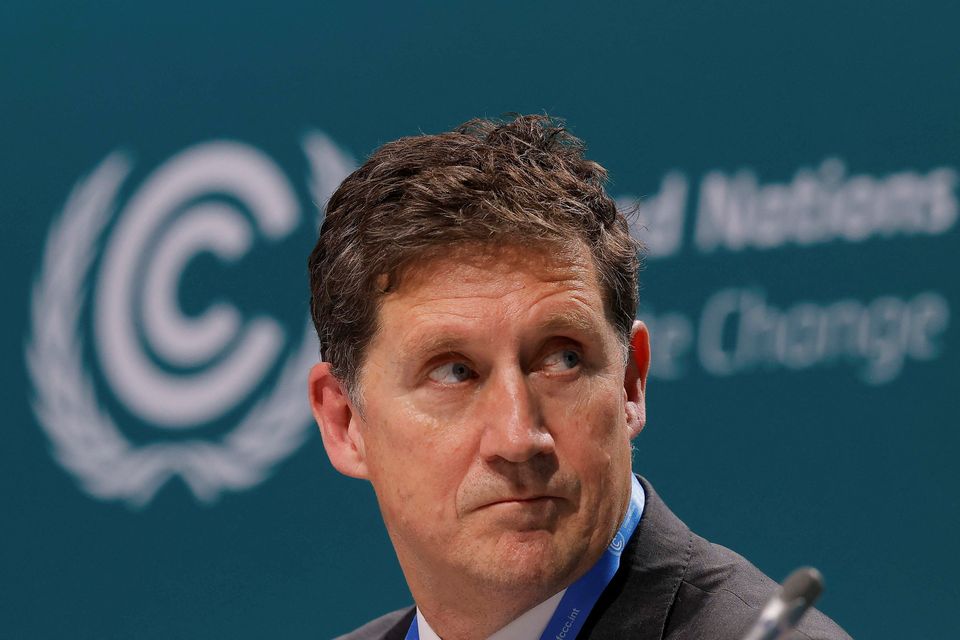
Few subjects induce quite as much nervousness as climate change. Unease may stem from the fact we’re not doing nearly enough, despite knowing our collective inaction could be devastating for others. Whether we engage with global warming or not, its consequences are engaging with us.
For the third year in a row, efforts to fight climate change haven’t lowered projections for how hot the planet is likely to get. Our limp efforts to limit warming won’t work. At Cop29 – the UN climate summit – the frustrations are rising as the emissions, and temperatures, are also hotting up.
“There’s an awful lot going on that’s positive here, but on the big picture of actually getting stuff done to reduce emissions ...
to me it feels broken,” Climate Analytics CEO, Bill Hare, told a meeting in Baku, Azerbaijan. And if temperatures aren’t dropping, people should wonder if the Cop negotiations are doing any good, he added. It is hardly as if we need further prompting from the elements on the urgency of reversing trends.
Scientists are in no doubt that the atmospheric warming, mainly from our burning of fossil fuels, is causing ever-more extreme and damaging weather, including droughts, flooding and dangerous heat. There are ample solutions to hand, but time to put them in place is scarce The twin objectives of the talks are to set new targets to cut emissions of heat-trapping gases and also figure out how much rich nations will pay to ensure success. Economists believe developing countries will need at least $1trn per year by the end of the decade to cope.
But where the money is to come from remains an open question. International political shifts have not helped the mood of pessimism, especially as Donald Trump prepares to become US president. But unless advanced countries recognise their responsibilities and deliver on commitments, the outlook is bleak.
Our own Environment Minister, Eamon Ryan, who has a key role at the talks in attempting to bridge gaps, has his hands full. As Mariana Paoli, of Christian Aid, put it, “any big shiny number” that comes out of negotiations that is not based in publicly financed grants, “will be meaningless”. With our election campaign a week old, Friends of the Earth has made its own appeal to voters, to ask politicians to commit to upholding the 2021 climate law.
It also suggests we urge them to do everything in their power to reduce emissions – in line with the binding pollution limits to 2030, adopted by the Dáil. For just as in politics, all global warming is local. There are ample solutions to hand, but time to put them in place is scarce.
As Ms Paoli said, crises like the pandemic and the bank bailouts prove that public funds are available. If the will is there, a way can be found. We all know we could, and should, be doing more.
It has been said where everybody is guilty, nobody is. But perhaps that guilt can serve as a reminder: that not only can we do better, but we must..








